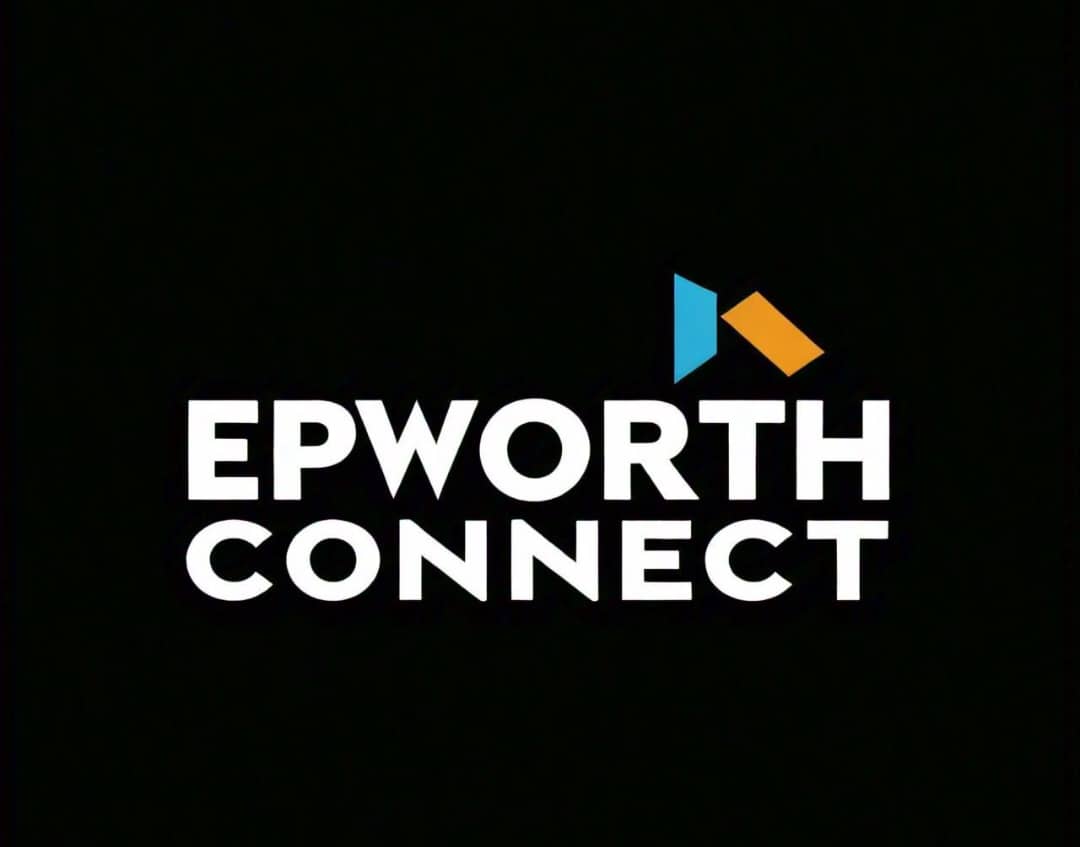Sen. Patty Murray, Microsoft’s Brad Smith endorse greater internet access through Digital Equity Act
Calling a strong, affordable internet connection for every American a “must-have,” Sen. Patty Murray, was joined by Microsoft’s Brad Smith and other digital access advocates to push for additional federal spending to improve broadband access and affordability across the country. “It’s time to invest in broadband in a big way,” Murray said in the online conversation about her legislation, the $1.4 billion Digital Equity Act. Smith, president of the Seattle-area tech giant, agreed and called internet access a basic need for everyone. “Broadband had become the electricity of the 21st Century,” Smith said. Murray, who is co-sponsoring the legislation with… Read More


Calling a strong, affordable internet connection for every American a “must-have,” Sen. Patty Murray, was joined by Microsoft’s Brad Smith and other digital access advocates to push for additional federal spending to improve broadband access and affordability across the country.
“It’s time to invest in broadband in a big way,” Murray said in the online conversation about her legislation, the $1.4 billion Digital Equity Act. Smith, president of the Seattle-area tech giant, agreed and called internet access a basic need for everyone.
“Broadband had become the electricity of the 21st Century,” Smith said.
Murray, who is co-sponsoring the legislation with Ohio Republican Sen. Rob Portman, seeks to put hundreds of millions of dollars in federal grant money into local projects by targeting three broad categories: connecting people to high-speed internet; helping them get internet devices beyond mobile phones; and teaching the necessary skills to navigate an online world.
The pandemic, the panel said, didn’t reveal what is known as the digital divide; all said they have known about this problem for years. Instead, they said, the months of working-and-learning from home made it impossible to ignore the problem any longer.
“When the pandemic forced schools to close in March of 2020 it was quickly apparent to me and my colleagues that children would not be able to attend school without a working device and adequate home broadband,” said Susan Enfield, superintendent of Highline Public Schools.
She added: “I want to be clear: We’ve known about the digital divide for years. And we chose to look away because we could.”
Murray, Smith and Enfield, were joined by King County Library System Executive Director Lisa Rosenblum, Equity in Education Coalition co-founder and Executive Director Sharonne Navas and City of Seattle Digital Equity Program Manager David Keyes.
Navas noted that when the Equity in Education Coalition did detailed research during the pandemic they discovered more than 18,000 King County households lacked internet access and more than 285,000 students statewide lacked internet access.
In part, that information is what drove Kitsap County Rep. Drew Hansen to successfully push for legislation to allow municipal governments to become internet service providers and expand the reach of broadband.
Taking effect in three weeks, Hansen’s HB1336 grants legal authority to public utility districts, counties, towns, and port districts to offer retail broadband service to subscribers in the same manner that a private company such as Comcast does. The bill gives municipalities legal authority to become internet service providers.
But Navas said much more needs to be done. The pandemic showed that the internet has become a requirement along the lines of food, housing, education, and medical care. “(The internet) was the one thing technically that was holding this state together,” she said.
